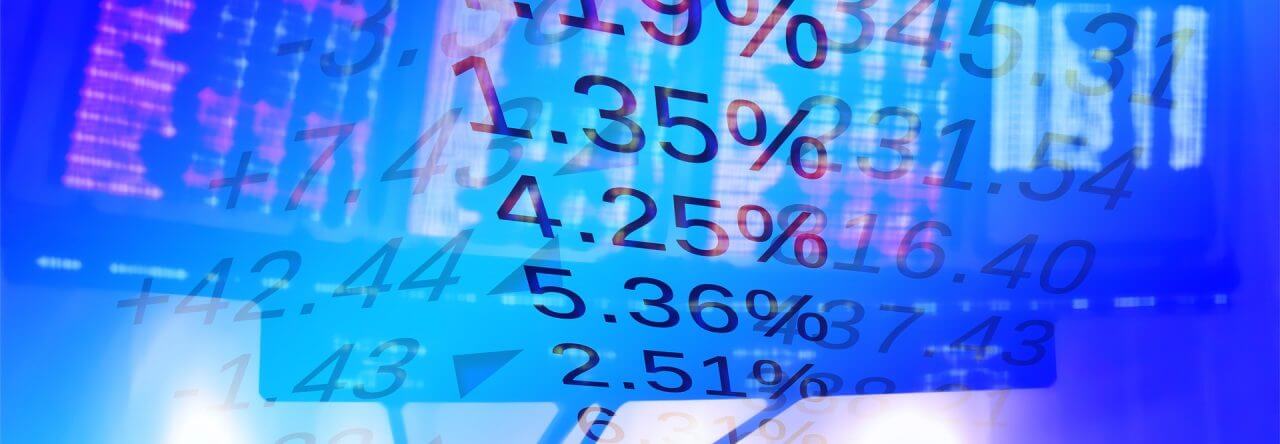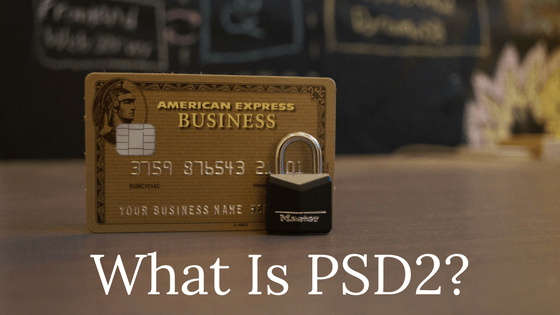PSD2 (or the second Payment Services Directive) is a law in the United Kingdom and other parts of Europe that has affected payments since January 2016. All payment service providers (PSPs) were required to adhere to the new policies by January of this year. Although many Europeans may not assume this law affects them, let’s look at the ramifications of adapting to these new standards.
What does PSD2 consist of?
In order to understand the impact of PSD2, we should first explore what it is comprised of. According to waar.ch, the law is meant to open the payment services market up to more competition by regulating standards. Some of these include:
- Stating of exchange rates when making a payment in another currency, such as an online purchase from a foreign site.
- Increasing security measures, including a two-factor authentication system.
- Limiting payer liability in the event of an unauthorized purchase, either from information theft or vendor error.
How does PSD2 affect consumers?
Consumers had previously been exposed to unfair and deceptive banking practices, which includes limited access to fee schedules and hidden interest rates. A lack of competition in the banking sphere reinforced these practices. As a result of PSD2, customers can expect more transparency and open communication regarding the status of purchases, rates/fees, and other financial services.
Another benefit is the ability for third-party payment providers to offer better solutions to traditional banking services. This may include investment products, accounts, and payment vehicles. Even online banking can change, as consumers can use sites and apps to easily access information.
How does PSD2 affect the marketplace?
Competition is expected to increase as a result of this law due to exposing unethical practices. I expect many fintech companies to debut, with solutions for every client concern. These can range anywhere from budgeting apps to alternative payment platforms. One area that should see substantial growth is wearable payment devices.
Regardless of the amount of competition this brings, we can expect to see more secure platforms and better incentives for consumers. A bank cannot simply bring people in because they exist; they must now prove they are worthy of your money. Payment systems likely will increase their move toward digital, as new businesses provide vendors with plenty of options for cashless payment accessibility.
In Conclusion
Although you may not see immediate changes in your banking routine, you can expect to hear news of increased options in the near future. I anticipate this change will affect the general population in a very positive way. Even further, this law opens the door to fintech entrepreneurs who would normally shy away from competition. In a year’s time, I believe traces of this law will show up in our everyday lives, and it may even influence other countries’ banking systems.

